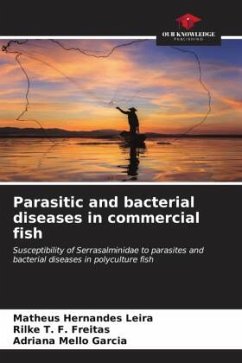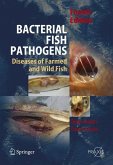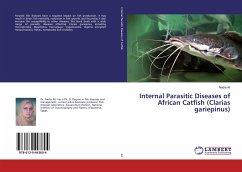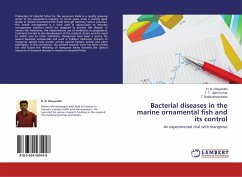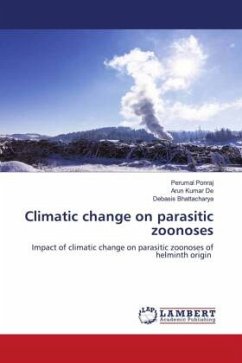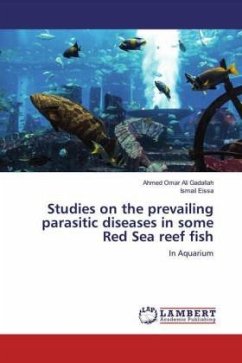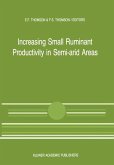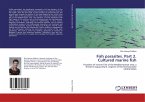World aquaculture is growing more than any other primary activity sector, among other factors stimulated by the growing population and the demand for healthy, nutrient-rich food. Taking advantage of existing water resources has led to the development of fish farming, with fish reared in net pens, dugouts or weirs. It is a lower-cost investment alternative that is quicker to implement and is seen as an agribusiness capable of improving the social, environmental and economic conditions of a region. Increased susceptibility to parasitic, bacteriological and infectious diseases has caused major losses in fish farming. The occurrence of parasites and bacteria is one of the biggest causes of losses in industrial and sport fish farming, and there is also the fact that the aquatic environment facilitates the reproduction, dispersal and survival of pathogens. Research into fish health is scarce, especially when it relates to native species.
Bitte wählen Sie Ihr Anliegen aus.
Rechnungen
Retourenschein anfordern
Bestellstatus
Storno

